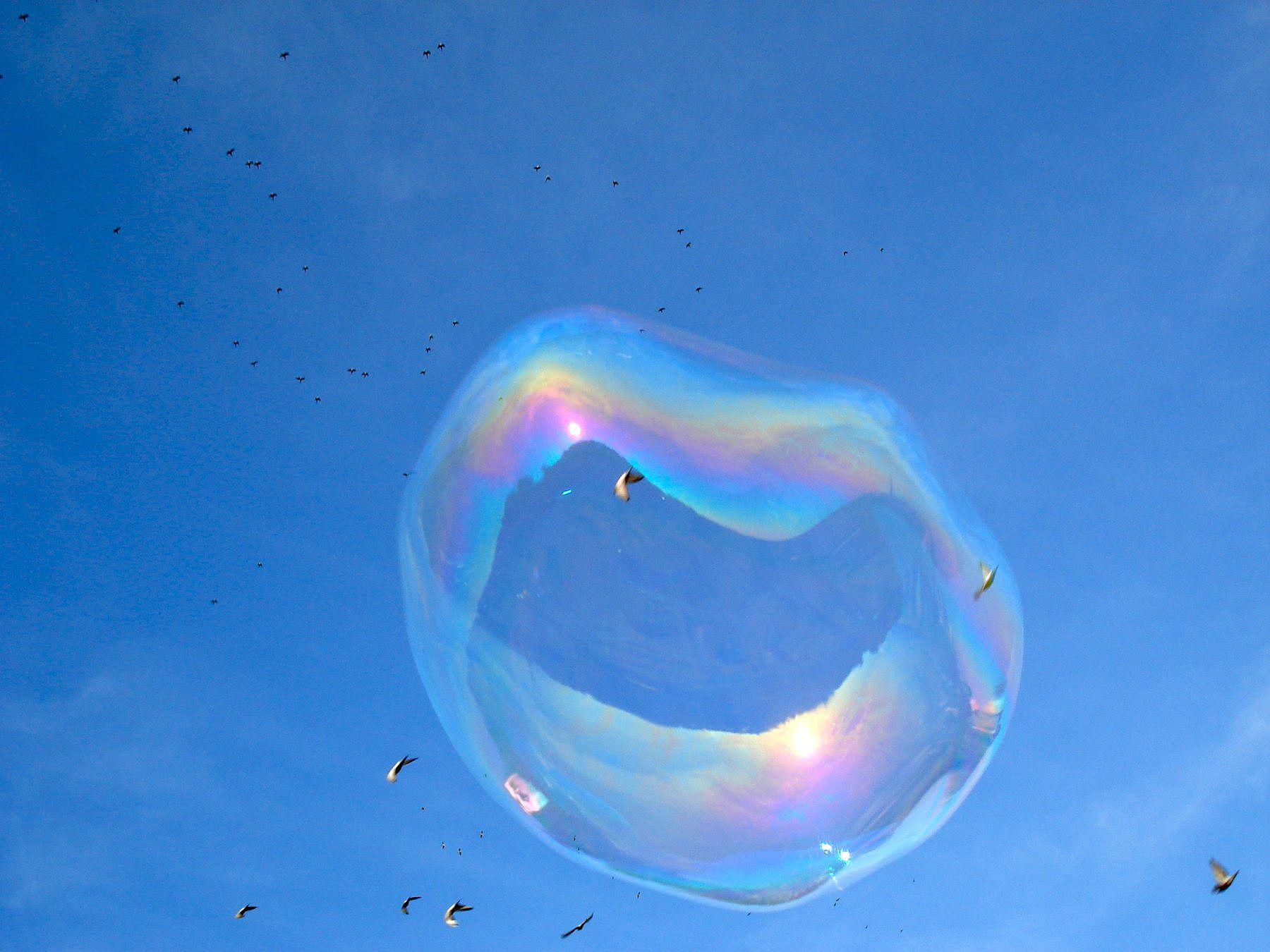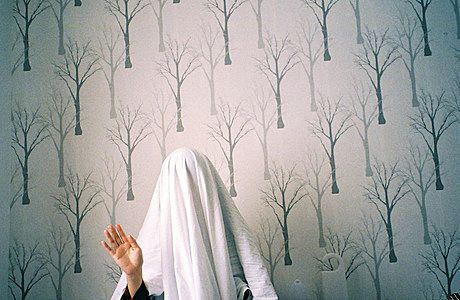Review: Wonky Optics
Manon Revuelta reviews Geoff Cochrane's latest poetry collection.
I admit I have a tendency to approach the work of older, established white male poets in New Zealand literature with some w(e)ariness. Their writing often has a formulaic quality, a bourgeois blandness, a subtle arrogance perhaps cemented by a long stronghold on the mainstream.
What a relief, then, to find that Wonky Optics, Geoff Cochrane’s latest collection of wry, vivacious rambles, feels quite outside of all that. I call them rambles because they sprawl: one moment we are enveloped in wistful nostalgia, the next we will be magnifying the mundane, cynically reflecting on aging and death. There is such a human warmth to this flitting, and a sense of the chaos of the mind.
This is also achieved by Cochrane’s huge variance in scope and pace, meandering through extensive stream-of-consciousness prose and halting at stripped sentence-long pieces. The nakedness of words in these shorter works makes them all the more resonant.
Some of Cochrane’s most shimmering moments lie in his deft word play. In a meditation on death, Cochrane observes how a friend who gradually faded into cancer has
…begun
to stop being present.
Has stopped being present, currently.
Has stopped being a current
and begun to be a memory.
There is sparseness here, and yet it manages to avoid coldness. As he grapples with words that slip between meanings, there is the sense of a man teasing out knots in his own mind, testing language permutations in an attempt to make sense of the absurd and intangible.
It is this kind of inquisitive, confident approach to language that brings lightness to the collection. He isn’t afraid to tweak words, swap them around, and repeat them for effect. An image he creates of a ‘fluffed up sparrow puddling splashily’ is so concise and immediate, and yet not in a way we can really dissect beyond its vibrant neologisms. Something about it just clicks. For language to become intuitively evocative like this is, to me, one of the truly exciting things about poetry.
And yet, there is also a heaviness. We delve into the neuroses of a man aging in the 21st century, beset as well as kept alive by ‘ceramic teeth’, ‘fluorescent endocrines’, and a litany of prescription medications. There are stark, uneasy questions regarding a life nearer to its end: ‘Will I ever paint a picture?’ and ‘where did they go, the years, and what did I do with them?’ At other moments he swings into calm resignation; accepting his ‘settled and untroubling’ fading libido in the dark humour of Capitulation, and admiring the ‘modest paragons’ of youth in A Latte in a Glass.
Art in this country so often emerges from damp flats and meagre grants, perhaps now more than ever
Cochrane also addresses the realities of a New Zealand artist’s lifestyle. He repeatedly voices his anxiety surrounding lattes he can’t afford to drink and films he can’t afford to see, and yet always with a sarcastic touch: ‘I could save a lot of money by dying.’ Though it sometimes verges on dreariness, it feels like a timely issue to touch on. Art in this country so often emerges from damp flats and meagre grants, perhaps now more than ever, and Cochrane’s own life is no exception.
The collection’s closing quote from Colin McCahon offers his perhaps quietly bitter word on it all: “I should be driving a Rolls Royce”.

